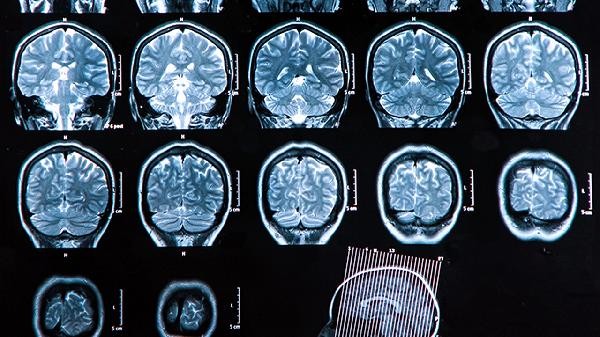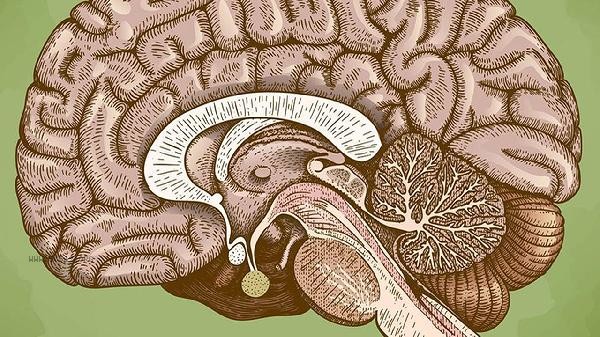Brain retardation may be a non-specific manifestation caused by multiple factors, rather than an independent disease. It is commonly seen in states such as sleep deprivation, excessive stress, malnutrition, or chronic diseases. The main improvement methods include adjusting daily routine, supplementing brain nutrition, moderate exercise, cognitive training, medical intervention, etc.

1. Adjusting sleep schedule
Long term sleep deprivation can significantly reduce the function of the prefrontal cortex, leading to decreased reaction speed and decreased attention span. It is recommended to maintain 7-9 hours of regular sleep every day, especially ensuring the duration of deep sleep. A 20 minute short break can be taken during lunchtime to avoid disruption of circadian rhythm affecting melatonin secretion. For shift workers, it is necessary to create a dark environment through tools such as blackout curtains.
2. Supplementing brain nutrition
Brain neurons require a continuous and stable supply of glucose, while relying on omega-3 fatty acids to construct cell membranes. Moderate consumption of deep-sea fish, nuts, whole grains and other foods can supplement vitamin B and antioxidant substances. It is necessary to avoid blood sugar fluctuations caused by a high sugar diet, and anemic patients should increase iron intake to ensure blood oxygen delivery efficiency. Moderate exercise can promote the secretion of brain-derived neurotrophic factor, and brisk walking or swimming for more than 30 minutes three times a week can enhance hippocampal function. Resistance training enhances cognitive flexibility by improving cerebral blood flow. The endorphins produced during exercise can also alleviate the damage of stress hormones to neurons, but attention should be paid to avoiding oxidative stress caused by excessive exercise.
4. Cognitive Training
Continuous learning of new skills can stimulate the brain to establish new neural connections. It is recommended to engage in activities that require multi sensory coordination, such as bilingual learning and instrument practice. Working memory training such as digital breadth testing can enhance prefrontal function, while mindfulness meditation can help improve the integration ability of the brain's default mode network. It is necessary to maintain the training frequency rather than the duration of a single session.

5. Medical Intervention
Diseases such as hypothyroidism and depression can lead to pathological brain dysfunction, and organic diseases need to be ruled out through serum testing. For patients with vascular cognitive impairment, microcirculatory improvement drugs may be needed, and cholinesterase inhibitors can be used in the early stages of Alzheimer's disease. All medication use must be evaluated by a neurologist, and self consumption of cognitive health products is prohibited. Improving brain retardation requires multidimensional collaborative intervention, establishing a balanced diet structure containing high-quality protein and complex carbohydrates, combined with 150 minutes of moderate intensity exercise per week. Suggest alternating between mental and physical activities to avoid prolonged and monotonous use of the brain. When accompanied by symptoms such as persistent headaches and significant memory loss, professional examinations such as electroencephalography and magnetic resonance imaging should be performed in a timely manner. Maintaining social interaction and positive emotions are equally important for maintaining brain plasticity, and can activate mirror neuron system function through group activities.









Comments (0)
Leave a Comment
No comments yet
Be the first to share your thoughts!